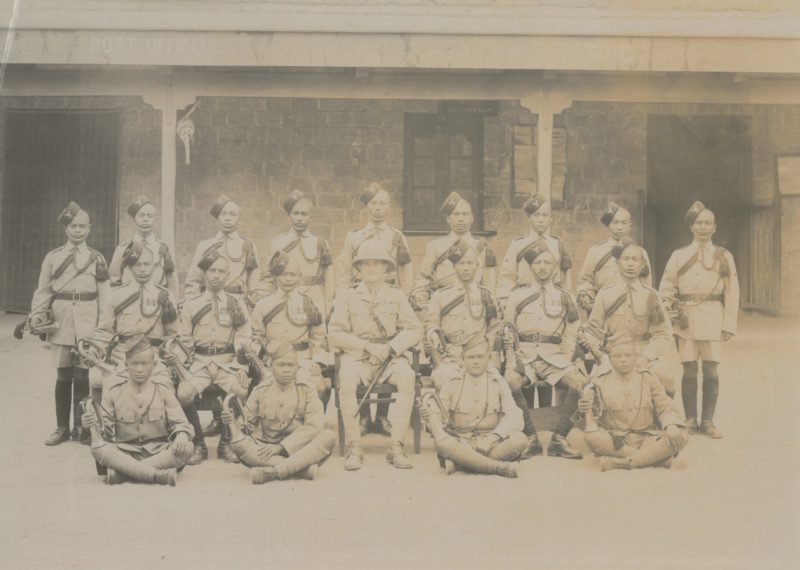Slim – With the Gurkhas on the North-West Frontier

Slim – With the Gurkhas on the North-West Frontier
When Slim joined 1/6GR in 1920, the same disarming manner and obvious professionalism that was later to stand him in such good stead as a senior commander, played a key part in overcoming the prejudice that might otherwise have been directed towards an officer ‘posted in’ rather than selected, as was the norm in this close-knit Regiment. He further distinguished himself by learning Gurkhali and Urdu rapidly and by his fair and considerate treatment of his men. Neither was he afraid of challenging senior officers, if it was in the interests of his men or the greater good. When a newly appointed Commanding Officer persisted in making unfavourable comparisons between his former unit and 1/6GR, particularly on the matter of how they pitched tents, Slim confronted him. Aware of the Battalion’s war service, which had seen it march and make camp almost continuously across the Middle East before returning to its base at Abbottabad, Slim calmly but firmly corrected his superior, who accepted the point and amended his behaviour accordingly.
In these post First World War years, Slim saw combat action with 1/6GR against the Tochi Wazir tribal group on India’s troubled North West Frontier, gaining further first-hand experience of the capabilities of Gurkha soldiers, and, in 1921 was appointed Adjutant, a key appointment, responsible not just for routine administration but for the discipline and training of the Battalion.
It was in this time that two other notable officers were also present in the Battalion. Both David Tennant (Punch) Cowan and James Bruce Scott would go on to serve as commanders under Slim in Burma and their working relationship was undoubtedly first formed during their close time together within 1/6GR (as shown by the attached letter written by Slim to Lt Col H.R.K. Gibbs in 1942, which references several Gurkha officers). As Slim remarked in Defeat Into Victory, “We had served and lived together for 20 odd years; we – and our wives – were the closest friends; our children had been brought up together in the happiest of Regiments … I have never heard of any other occasion on which the corps commander and both his divisional commanders came not only from the same regiments but from the same battalions.

